Gustakh Drama Review: Gustakh, a Pakistani drama that aired in 2021, sparked controversy and captivated audiences with its unconventional narrative, tackling themes of forbidden love, societal pressures, and the pursuit of individual identity. This review delves into the drama’s core elements, analyzing its narrative choices, exploring the complexity of its characters, and examining the lasting impact it leaves on viewers.
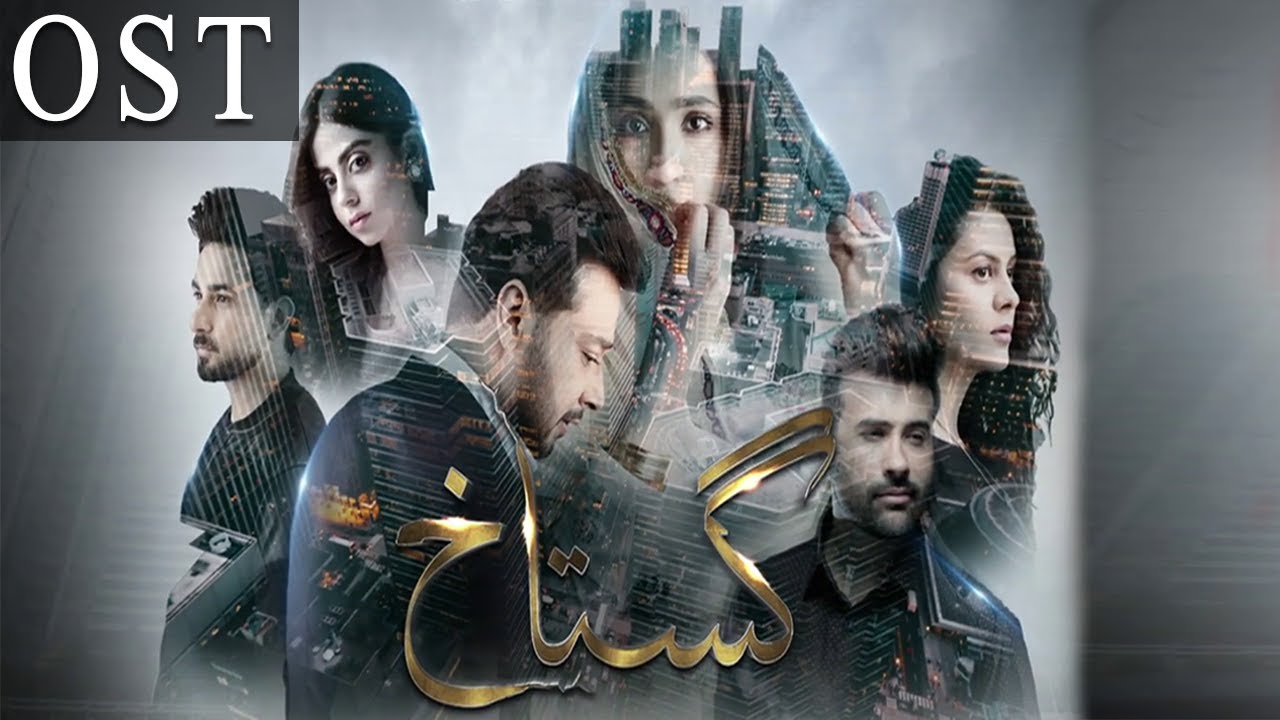
A Story of Forbidden Love and Rebellion
Gustakh centers around Zara (Ayeza Khan), a headstrong young woman, and Asfandyar (Feroze Khan), a man from a prestigious social background. Their paths collide unexpectedly, igniting an intense yet forbidden love due to Asfandyar’s impending arranged marriage. The narrative explores their emotional connection and subsequent rebellion against societal norms that restrict their freedom and stifle their individual aspirations.
Navigating Forbidden Love: Challenges and Sacrifices
The drama showcases the challenges and sacrifices inherent in pursuing forbidden love. Zara and Asfandyar face immense societal pressure, disapproval from their families, and the constant threat of social ostracization. Their journey highlights the emotional turmoil, internal conflict, and sacrifices individuals must make when defying societal expectations in pursuit of love and happiness.
Beyond the Love Story: Unveiling the Layers of Characters
Gustakh delves beyond the typical love story, presenting characters with depth and complexity. Zara embodies strength, resilience, and a fierce desire to break free from societal constraints. Her fight for her individuality resonates with viewers seeking narratives that challenge traditional expectations of women.
Asfandyar, initially portrayed as a privileged individual, undergoes a significant transformation. As his love for Zara deepens, he grapples with societal pressures and family obligations, showcasing the internal conflict faced by individuals caught between their desires and societal expectations.
The supporting characters, including Zara’s supportive sister and Asfandyar’s conservative parents, add depth to the narrative, highlighting the various perspectives and societal forces that influence the central characters’ choices.
A Glimpse into Societal Norms and Pressures
Gustakh critiques the rigid societal structures and the pressure to conform to societal expectations, particularly concerning arranged marriages and gender roles. The drama portrays the limitations placed upon individuals, particularly women, who are expected to prioritize societal norms over their personal aspirations.
While the drama sparks debate due to its portrayal of defying arranged marriage, it prompts viewers to question the validity of such traditions in the modern world and consider the importance of individual choice and freedom in personal relationships.
Performances that Evoke Strong Emotions
The success of Gustakh hinges on the exceptional performances delivered by its cast. Ayeza Khan portrays Zara with remarkable conviction and emotional depth, capturing her rebellious spirit and unwavering determination. Feroze Khan effectively portrays Asfandyar’s internal conflict and gradual transformation, showcasing the character’s emotional vulnerability and growing defiance. The supporting cast delivers strong performances, adding layers of complexity and nuance to the narrative.
A Spark for Conversation and Reflection
Gustakh is not simply a drama about forbidden love; it is a catalyst for conversation and reflection. By presenting a controversial narrative and relatable characters, the drama encourages viewers to question societal norms, engage in critical thinking about arranged marriages, and consider the importance of individual choice and personal fulfillment.
A Testament to the Power of Love and Individuality
Despite the challenges faced by Zara and Asfandyar, Gustakh ultimately celebrates the power of love and individuality. Their journey, albeit unconventional, serves as a testament to the human spirit’s ability to defy societal norms and fight for one’s desires. The drama reminds viewers that love can transcend societal barriers, and the pursuit of individual happiness is a fundamental human right worth fighting for.
Gustakh: Beyond the Surface – Unveiling the Nuances, Exploring Controversy, and Enduring Relevance
A Deeper Look into the Characters’ Motivations
Gustakh goes beyond portraying characters as mere archetypes. It delves into their complexities, allowing viewers to understand their motivations and empathize with their struggles.
Zara’s Rebellion: Beyond Defiance
While Zara’s outward defiance against societal expectations grabs attention, the drama subtly hints at the root causes of her rebellion. Her past experiences and a desire for self-determination fuel her fight for personal freedom. This deeper insight into her motivations allows viewers to connect with her struggle on a deeper level, even if they may not fully agree with her choices.
Asfandyar’s Journey: Between Love and Duty
Asfandyar, initially trapped between societal expectations and his love for Zara, exhibits significant growth throughout the narrative. His internal conflict stems not from mere weakness but from the complex struggle to reconcile his love and commitment to Zara with his sense of duty towards his family and established traditions. This deeper understanding of his motivations adds layers of complexity and humanity to his character.
Exploring the Controversy: A Catalyst for Dialogue
Gustakh’s portrayal of defying arranged marriage has ignited controversy, sparking heated discussions and debates. While the drama does not endorse or condemn the practice, it serves as a catalyst for dialogue about cultural traditions, individual choice, and the complexities of navigating love and relationships in a society with strong social norms.
Beyond Black and White: Recognizing the Nuances of Societal Structures
The drama avoids portraying societal structures and traditions as entirely negative or outdated. It acknowledges their value to some individuals and families while simultaneously highlighting the limitations they can impose on others. This nuanced portrayal encourages viewers to engage in critical thinking about the merits and limitations of traditions, fostering a more balanced and respectful conversation.
A Call for Empathy and Understanding
Despite its controversial themes, Gustakh ultimately calls for empathy and understanding. By presenting characters caught in a complex web of societal pressures and personal desires, the drama encourages viewers to consider the perspectives of individuals who may choose paths different from their own.
A Lasting Legacy: Inspiring Self-Reflection and Individual Growth
Gustakh’s lasting legacy lies in its ability to spark self-reflection and encourage individual growth. It prompts viewers to question their own values, beliefs, and societal assumptions. Whether agreeing with the characters’ choices or not, the drama encourages an open mind and a critical examination of established norms, potentially paving the way for a more inclusive and understanding society.
In Conclusion: A Provocative Drama with a Lasting Impact
Gustakh, while sparking controversy, offers a compelling and thought-provoking narrative. The drama’s exploration of forbidden love, its critique of societal pressures, and its message of fighting for individuality leave a lasting impact on viewers. Whether agreeing with its central theme or not, Gustakh is a must-watch for anyone seeking a drama that challenges the status quo, sparks important conversations, and ignites self-reflection on societal norms and individual choices.
Share this content:
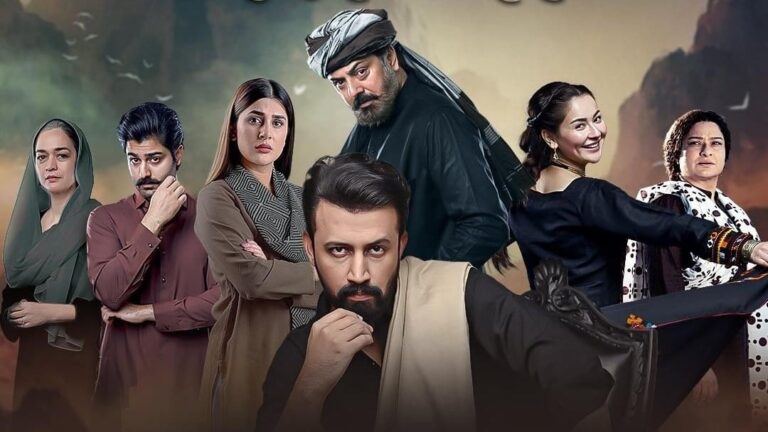
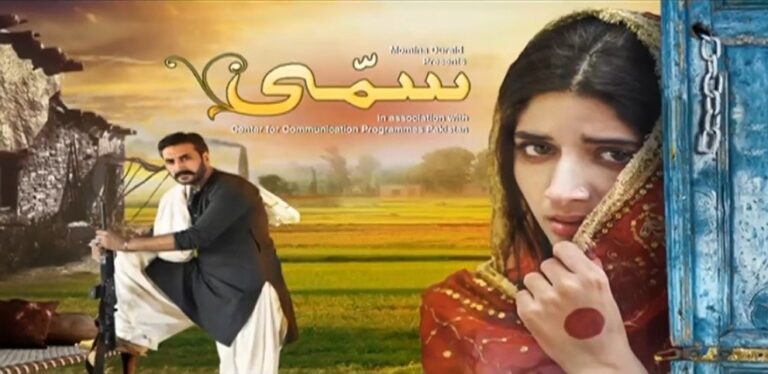
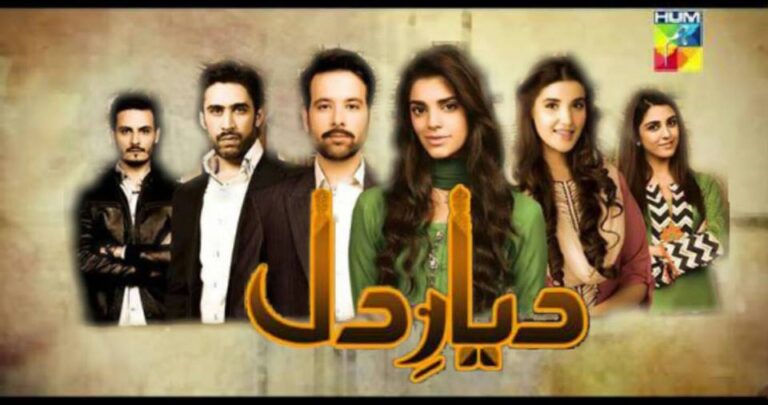
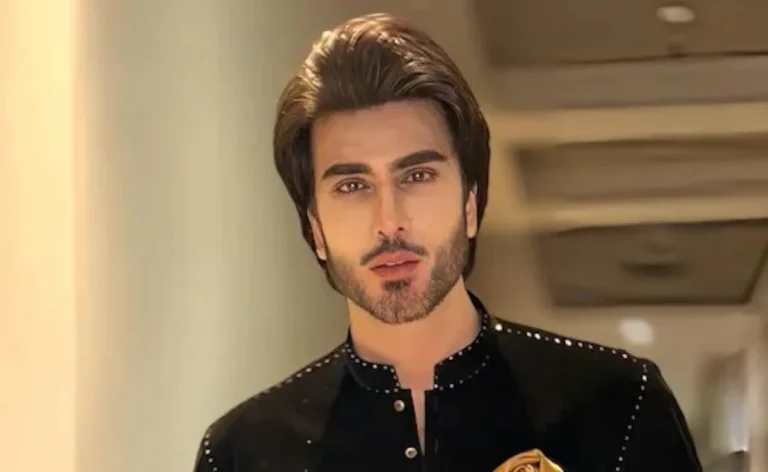
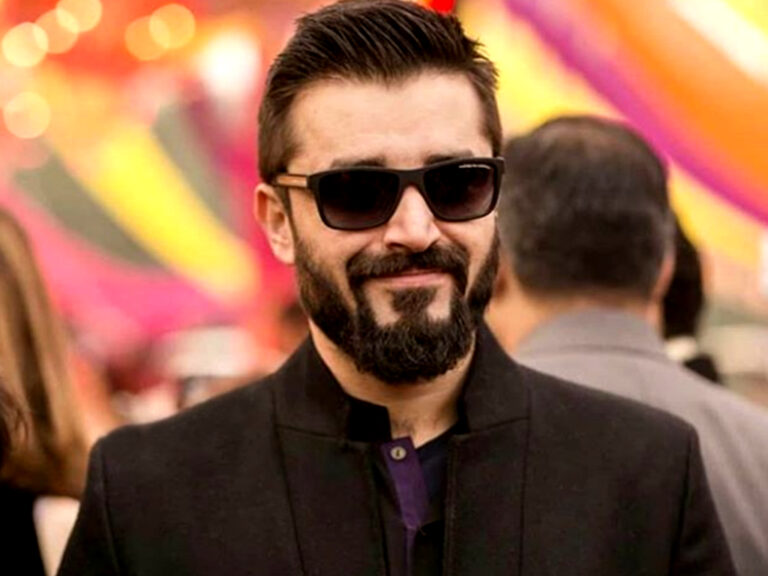
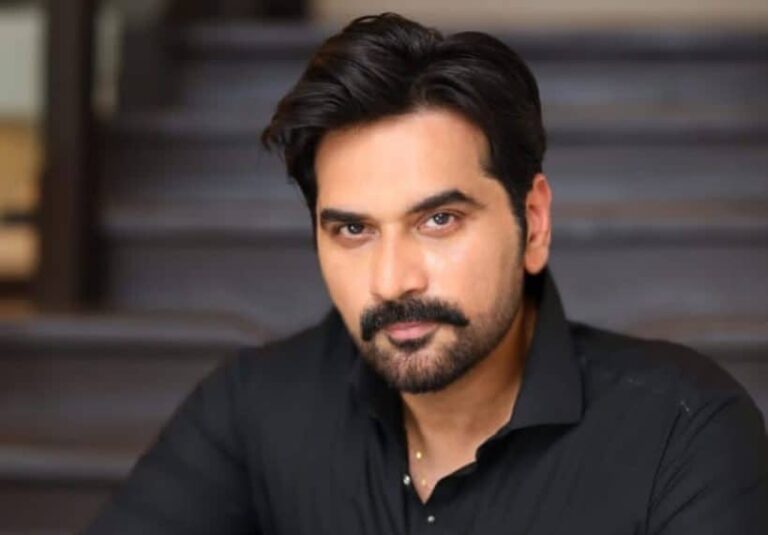

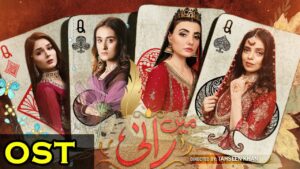
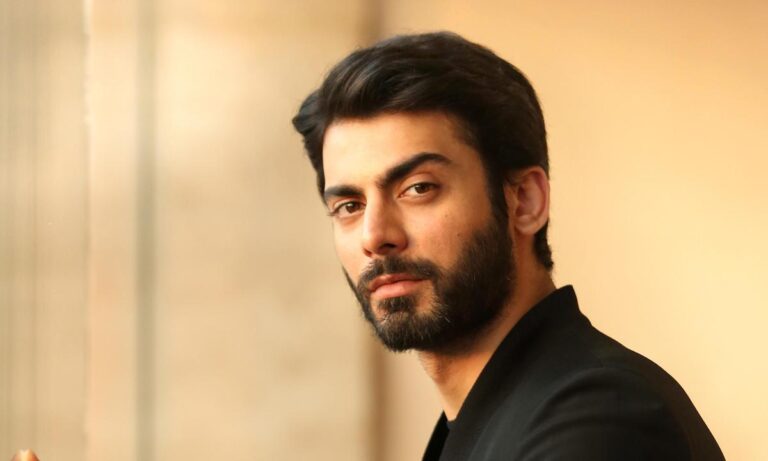
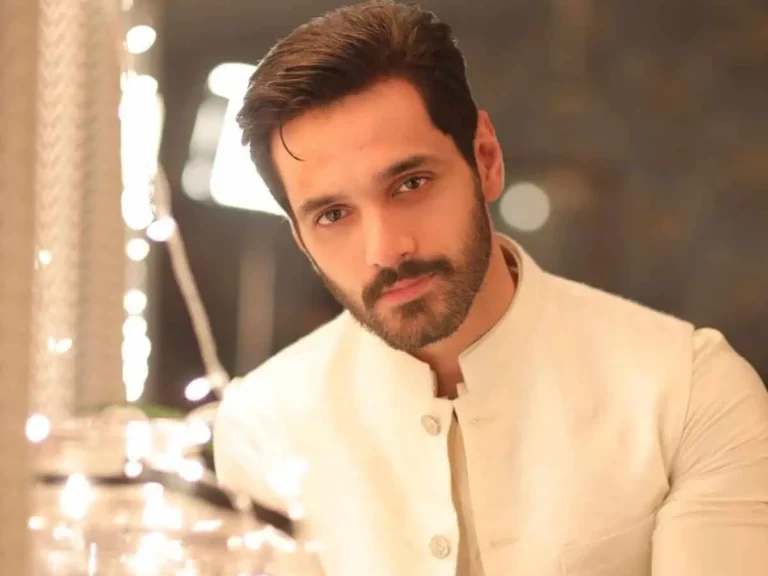
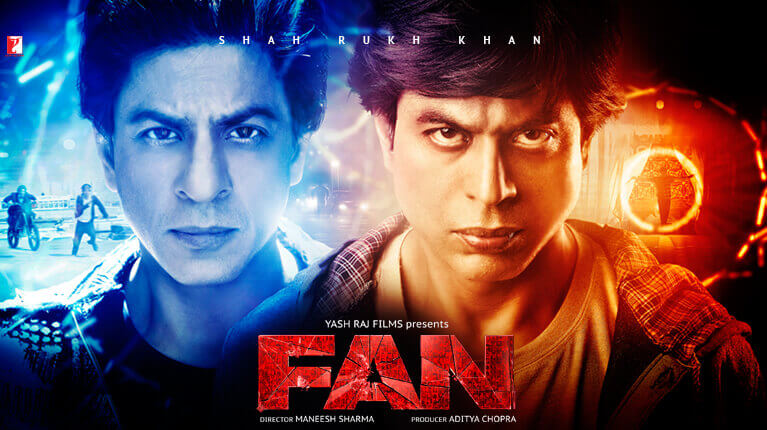
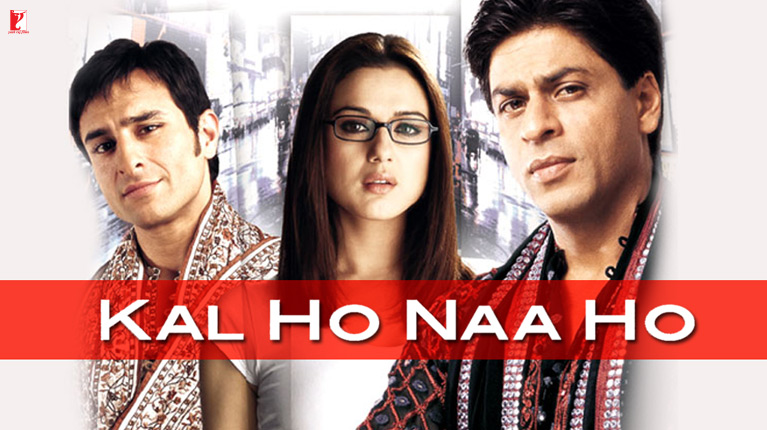
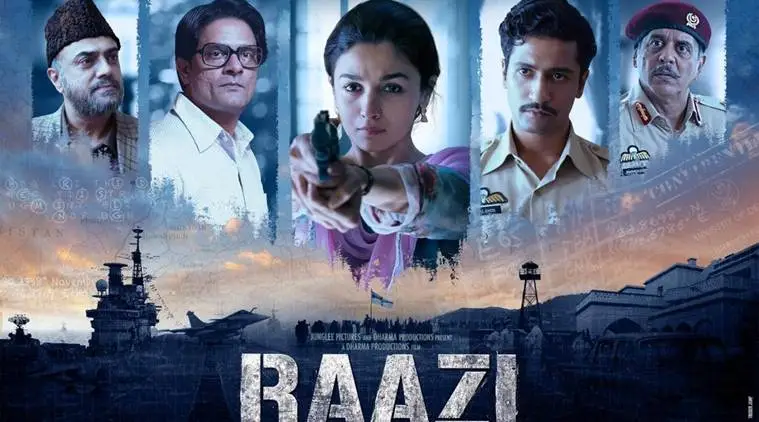
+ There are no comments
Add yours